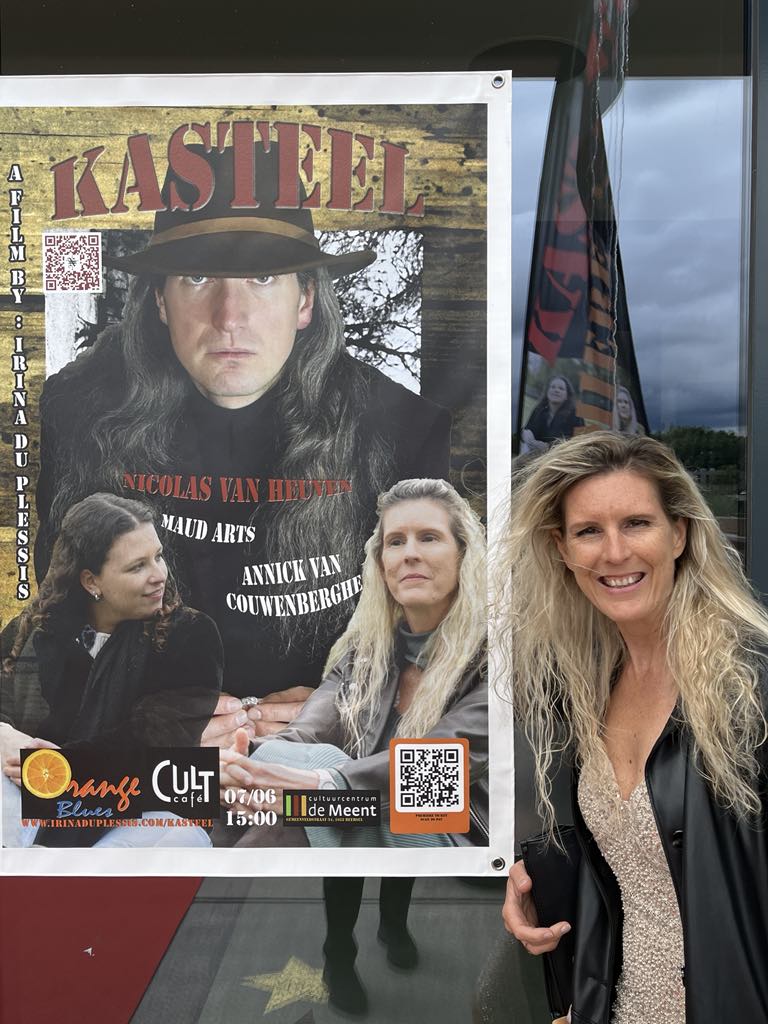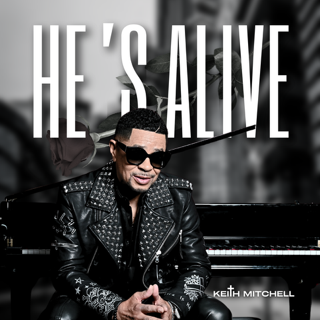What are the 5 tips that you would give to an actor/actress breaking into the business?
- Written by Thorn Castillo

1) Be Professional. This should almost be a no-brainer, but I’m often surprised at how many people I meet on set take a cavalier attitude to their job, like it’s no big deal. If you’re serious about acting (and in my case modeling), you have to take every gig and opportunity seriously, no matter how small. Even if it’s $50, it’s something for your resume and doing an excellent job can impress those you’re working for, opening the door for more work. In other words, it’s not a hobby. From my observations, the folks pursuing a career in the arts and modeling in places like New York and L.A. seem to be more engaged and ambitious in their pursuits. I’ve done a lot of work in the Washington, DC area, and while I’m really dedicated to building my career, many of the people on sets and at auditions with me treat it like a fun little diversion. Maybe that’s fine for them because they have outside careers that are successful and they’re just doing it for the thrill of the moment. But that attitude will never get them beyond that moment. Another huge part of being a professional – and another given that should go without saying but must be said – is “Show up. Be on time.” When you commit to being on set at 5 a.m. for early makeup, be there. Even if you’re just in background like I have been on films like “Wonder Woman 1984,” you have to respect schedules. Any delay due to actors or background folks being late can cost thousands of production dollars. If you’ve committed and say a family emergency comes up and you can’t make it, or there are weather issues, notify the person who got you the gig ASAP. The tricky issue for those of us with day jobs is getting a film, show, photo shoot or audition that will take us away from that bill-paying job. Hopefully when you got hired, you told your boss the deal, that things like this would come up and he or she is understanding. If not, you have some tough decisions to make. Are you willing to sacrifice your day job for an opportunity that’s reflective of your real passion in life? If you’re serious and acting is more than a lark to you, I would say should should always put your creative pursuits first. Remember, you have the day job to support you while you’re trying to do what you really want to do. Another part of being a true pro – whether you’re currently making a full time living as an actor or model – is being fully awake and alert and ready to go when you get on set. No excuses. Nobody cares if your alarm didn’t go off on time. And if you partied too hard last night and are battling a hangover. If you really want to succeed, prepare yourself and get some sleep the night before so you’re fresh and ready to roll even before the director says “Action!”
2) Build Your Resume. That means even if the gig you take is small and for low or no pay, it’s experience you can build on to take you to the next level. Last year, just after my acting and modeling career had started taking off, I heard Robert Downey Jr. on Sam Jones’ series “Off Camera” talking about his early experiences as an actor. He said something like, “When you’re starting out, any type of work you can put on your resume is good.” I approach my own career like that, doing everything from background in indie and major studio films to appearing in regional commercials and print advertisements. All work is good and helps develop your craft and can lead to other opportunities. I say the same about auditions. If you get the part, great. If not, maybe it’s just that the casting director was looking for something else specifically for that part. But if you do an amazing job, he may remember you for another project. While you’re out there pursuing work, start taking classes. Once I decided to get more serious about acting, I enrolled at Northern Virginia, Community College, complementing my basic coursework with acting classes. At the same time, I began to study improvisation, intermediate acting and acting for the camera with veteran actor, author and teacher Brenna McDonough Wolfe at Theatre Lab in Washington DC. Those things have been helpful stepping stones that taught me the basics of the craft, but I attribute my comfort and confidence in front of the camera and my developing skills as an actor to my studies with master on-camera acting coach John Palotta in NYC, Philly and Baltimore. I connected with him on the professional networking community DragonukConnects. John also helped me set up a professional reel and a website. I would have nothing to fill those with had I not taken advantage of every opportunity to add cool items to my resume. Remember, no matter where you live, there are probably workshops available and teachers and coaches you can work with. Finding the right acting coach can prove invaluable in getting you to the next level in your career.
3) Decide What You Want To Focus On. Some of us love theatre, others like myself are much more wired towards film and TV. Certainly, a lot of great film and TV actors have had success on Broadway and vice versa, but when you’re starting out, I feel it’s best not to scatter your focus and pursue gigs in one or the other. A lot of universities have incredible theater programs, but don’t have courses where they’ll put you in front of a camera. So if you choose the film and TV route, that’s where a great coach comes in because the right teacher will put you in front of a camera and show you the ropes. John Palotta taught me so much about technique, from having one eye closest to the camera to how to “cheat the camera” to sightline issues when you’re talking to the camera during a scene. During an audition, he said, look directly into the camera sightline, then shift to looking at the person you’re doing the scene with while the camera is still focused on you. That’s a completely different mindset than being onstage performing in front of an audience.
4) Network! I can’t stress the importance of this enough. We can’t all afford to live in New York or LA where the biggest opportunities are, but as we start to work locally, we can connect with people who can in turn help us connect with agencies and casting directors in the bigger hubs. Even if you enroll in a community college, your teacher may know someone who knows someone who…you get the idea! I spent a lot of time on DragonukConnects, a site which posts casting calls, auditions, and acting gigs in the mid-Atlantic region where I am based. It’s been invaluable. There are many of these sites, nationally and locally, for you to join. You’ll find opportunities online that you couldn’t imagine could exist regionally – and of course, auditioning and working regionally can ultimately lead to national exposure if you make the right connections. Remember I met John Palotta via this site. In one of his classes, I met a guy who made movies for Netflix and Prime. No guarantees you’ll meet someone who will give you that great audition or job in one of these classes, but you never know. Maybe your coach will invite a friend who works for a studio or a big indie company, or a casting director who you can make an impression on. And on set, there are always people who can tip you off to other opportunities. When I was doing a shoot at Georgetown University, someone told me that “Wonder Woman 1984” would be shooting in the area, and that ultimately led me to work in background on a major upcoming film. On one trip to New York, I submitted myself on a website and signed my first agreement with an agency, Funny Face. Be respectful and patient, but always have your ears attuned and chat people up when you can.
5) Don’t Join SAG Right Away. When you’re just getting started as an actor and model, I’ve found it’s best to keep your options open for wider opportunities. So just as I tell people that you don’t have to be exclusive to a single agency for modeling or acting, really think about whether it’s right to join SAG right away when you become eligible. I am grateful that a regional commercial I did for Toyota in the DC area led to me becoming SAG eligible. But I still haven’t joined. Part of it’s a financial issue. You have to pay $3000 at once to join. That’s only feasible if you’re working regularly and making enough to afford that. Until you are, I would advise that you stay SAG-eligible, which allows you to book those smaller, non-union projects that may pay less but could also be more plentiful as you build your resume.
https://www.facebook.com/




















